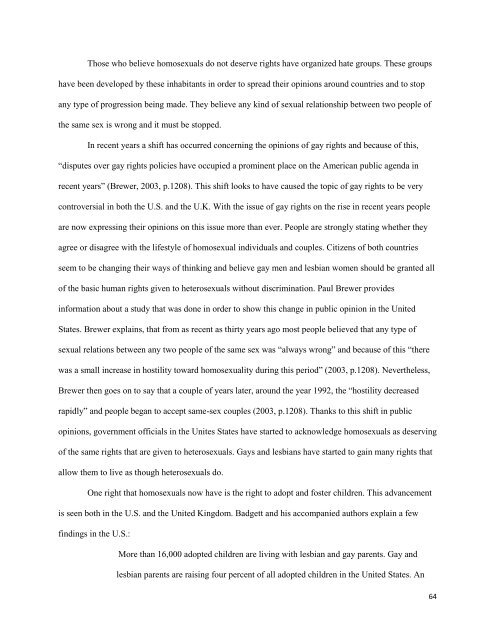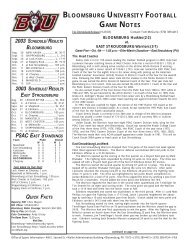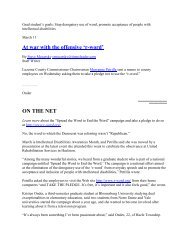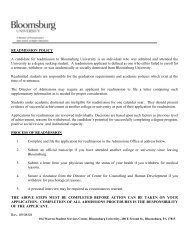Human Rights at Home and Abroad: Past, Present, and Future
Human Rights at Home and Abroad: Past, Present, and Future
Human Rights at Home and Abroad: Past, Present, and Future
You also want an ePaper? Increase the reach of your titles
YUMPU automatically turns print PDFs into web optimized ePapers that Google loves.
Those who believe homosexuals do not deserve rights have organized h<strong>at</strong>e groups. These groups<br />
have been developed by these inhabitants in order to spread their opinions around countries <strong>and</strong> to stop<br />
any type of progression being made. They believe any kind of sexual rel<strong>at</strong>ionship between two people of<br />
the same sex is wrong <strong>and</strong> it must be stopped.<br />
In recent years a shift has occurred concerning the opinions of gay rights <strong>and</strong> because of this,<br />
―disputes over gay rights policies have occupied a prominent place on the American public agenda in<br />
recent years‖ (Brewer, 2003, p.1208). This shift looks to have caused the topic of gay rights to be very<br />
controversial in both the U.S. <strong>and</strong> the U.K. With the issue of gay rights on the rise in recent years people<br />
are now expressing their opinions on this issue more than ever. People are strongly st<strong>at</strong>ing whether they<br />
agree or disagree with the lifestyle of homosexual individuals <strong>and</strong> couples. Citizens of both countries<br />
seem to be changing their ways of thinking <strong>and</strong> believe gay men <strong>and</strong> lesbian women should be granted all<br />
of the basic human rights given to heterosexuals without discrimin<strong>at</strong>ion. Paul Brewer provides<br />
inform<strong>at</strong>ion about a study th<strong>at</strong> was done in order to show this change in public opinion in the United<br />
St<strong>at</strong>es. Brewer explains, th<strong>at</strong> from as recent as thirty years ago most people believed th<strong>at</strong> any type of<br />
sexual rel<strong>at</strong>ions between any two people of the same sex was ―always wrong‖ <strong>and</strong> because of this ―there<br />
was a small increase in hostility toward homosexuality during this period‖ (2003, p.1208). Nevertheless,<br />
Brewer then goes on to say th<strong>at</strong> a couple of years l<strong>at</strong>er, around the year 1992, the ―hostility decreased<br />
rapidly‖ <strong>and</strong> people began to accept same-sex couples (2003, p.1208). Thanks to this shift in public<br />
opinions, government officials in the Unites St<strong>at</strong>es have started to acknowledge homosexuals as deserving<br />
of the same rights th<strong>at</strong> are given to heterosexuals. Gays <strong>and</strong> lesbians have started to gain many rights th<strong>at</strong><br />
allow them to live as though heterosexuals do.<br />
One right th<strong>at</strong> homosexuals now have is the right to adopt <strong>and</strong> foster children. This advancement<br />
is seen both in the U.S. <strong>and</strong> the United Kingdom. Badgett <strong>and</strong> his accompanied authors explain a few<br />
findings in the U.S.:<br />
More than 16,000 adopted children are living with lesbian <strong>and</strong> gay parents. Gay <strong>and</strong><br />
lesbian parents are raising four percent of all adopted children in the United St<strong>at</strong>es. An<br />
64
















